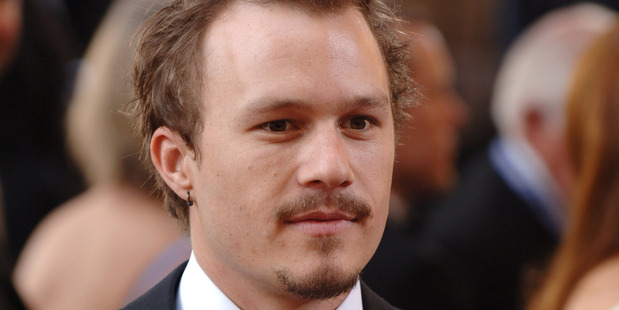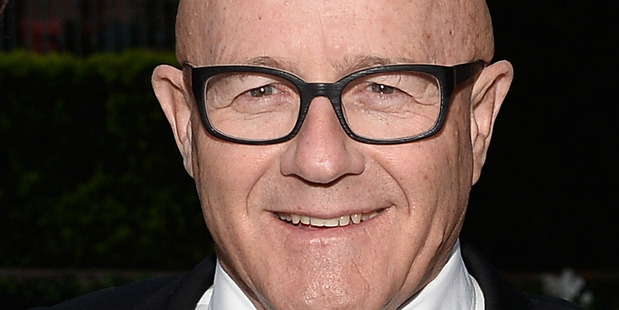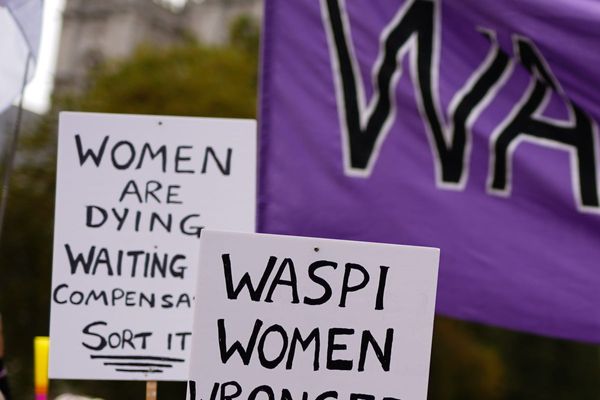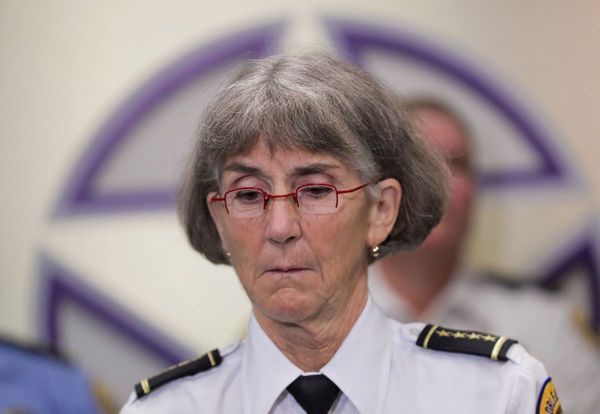
The night before Heath Ledger died in 2008 from a lethal drug overdose, his sister Kate warned him not to mix prescription medications.
"The last conversation Kate had with him was this discussion about his medications and she warned him, "You can't mix drugs that you don't know anything about'," Ledger's father Kim told news.com.au.
"He said 'Katie, Katie, I'll be fine'. Well, that's a cavalier boy's answer. It just put his whole system to sleep I guess," Ledger said.
The 28-year-old died from a lethal combination of several different prescription medications in his New York apartment.
The toxicology report found that Ledger's death was the result of "acute intoxication by the combined effects of oxycodone, hydrocodone, diazepam, temazepam, alprazolam and doxylamine", and his death was "accident, resulting from the abuse of prescribed medications."

Australians are some of the biggest recreational drug users in the world, according to the United Nations 2014 World Drug Report.
The country ranks first for ecstasy, second for opioids (painkillers such as codeine or morphine), third for methamphetamines, fourth for cocaine and seventh for cannabis.
In the eight years since his son's death, Ledger has tried to raise awareness about prescription medication misuse.
Ledger says his son was not addicted to opioids, but simply made the mistake of mixing the wrong drugs.
"It was a one-off thing," he said.
"That's what killed us, because he was warned by his sister the night before: 'You shouldn't mix what you're taking for pnemonia with your ambien'. But most of Heath's problems were self-induced."
His hectic work schedule had begun to take its toll, Ledger said.
"There is pressure on everybody, especially young people, to perform and to keep going.
"He was a young guy that travelled all the time for work. Even as a two-year-old, he hardly ever slept. He was trying to work and travel and do everything in a short space of time."
Ledger says most Australians are unaware of how widespread our opioid abuse problem is.
(Australians) are definitely not up to speed with just how bad these things can be," he said.
"Heath mixed a couple of drugs together with sleeping tablets and he's gone forever. That's something we (himself, wife Sally and sister Kate) just have to deal with."
Addiction medicine specialist Dr Christian Rowan says our prescription drug addiction problem is one of the biggest in the world; 450 Australians die as a result of prescription opioid misuse every year.
A quarter of Australians admit to using opioid painkillers every month, despite almost half being unaware of their addictive nature, according to a new survey from ScriptWise, an organisation trying to prevent prescription medication misuse.
Many addicts don't discuss their dependency with others for fear of judgment or being treated differently, the survey found.
Most people become "accidentally" addicted after being prescribed painkillers due to an injury and start to take more than the recommended dosage.
"They might be off work because of the injury," Dr Rowan said. "They might be depressed and they can get into the cycle of taking more than they need and start to rely on the medication. They can become accidentally dependent on the drug."
Dr Rowan says medication isn't the only way to treat pain.
"There are a range of treatments, including physiotherapy and hydrotherapy, which can help with pain relief," he said. "Sometimes reaching for tablets can be an easy solution, but it's not always the best solution."
Reducing the stigma attached to prescription drug addictions is the best way to help reduce the problem, Ledger said.
"We encourage people to start verbalising their problems with close friends or families or other relatives," he said.
"Losing a child is something that never leaves you. You can live with the pain, but it never leaves you.
"By speaking about Heath and what happened to him, we can send a message to Australians and hopefully we can save someone's life."







